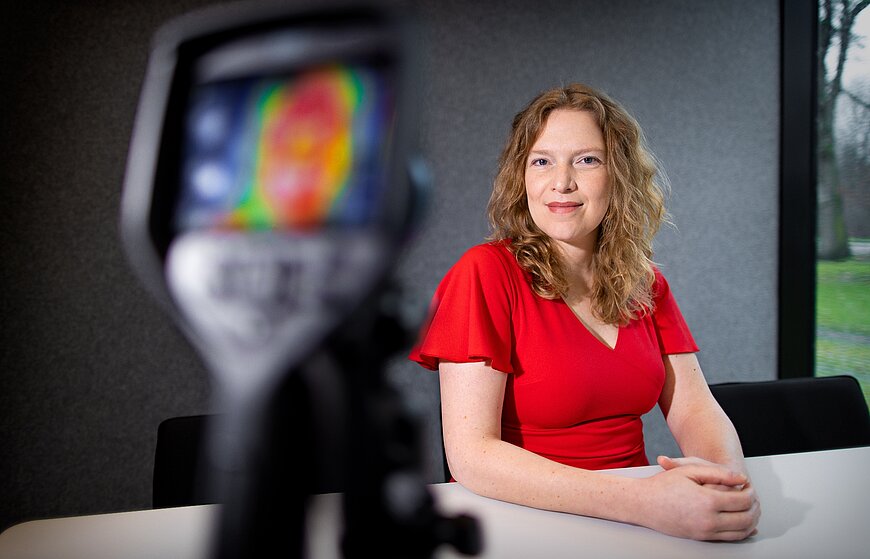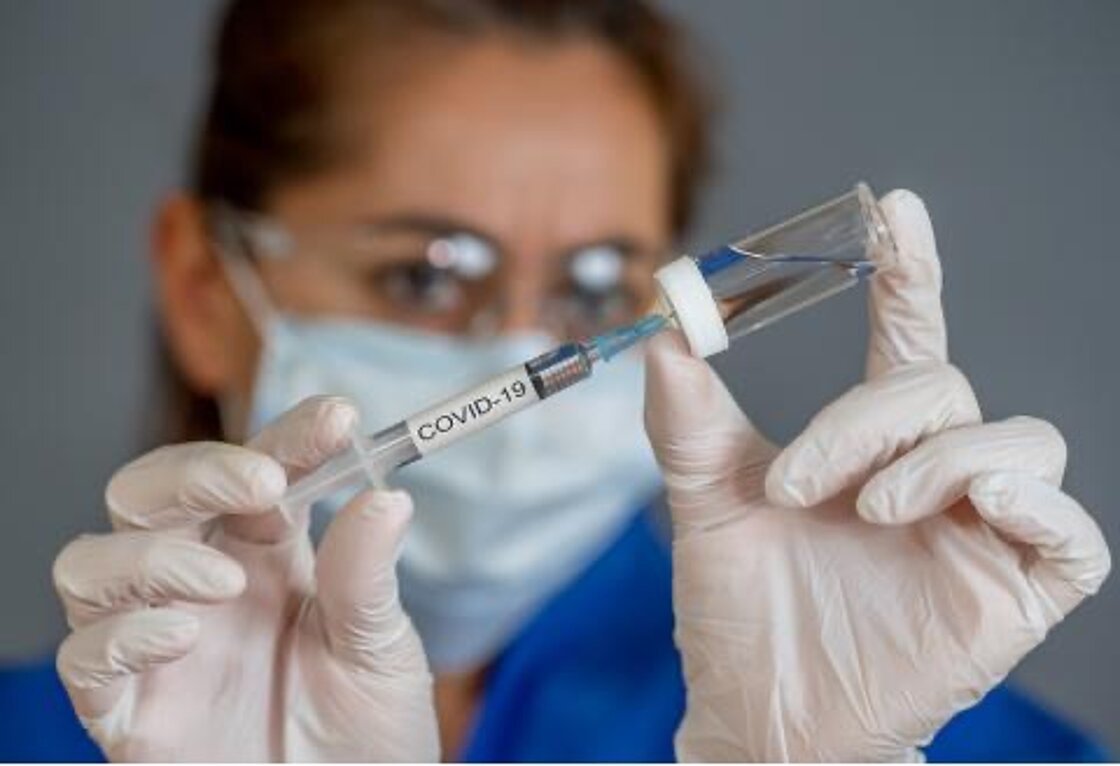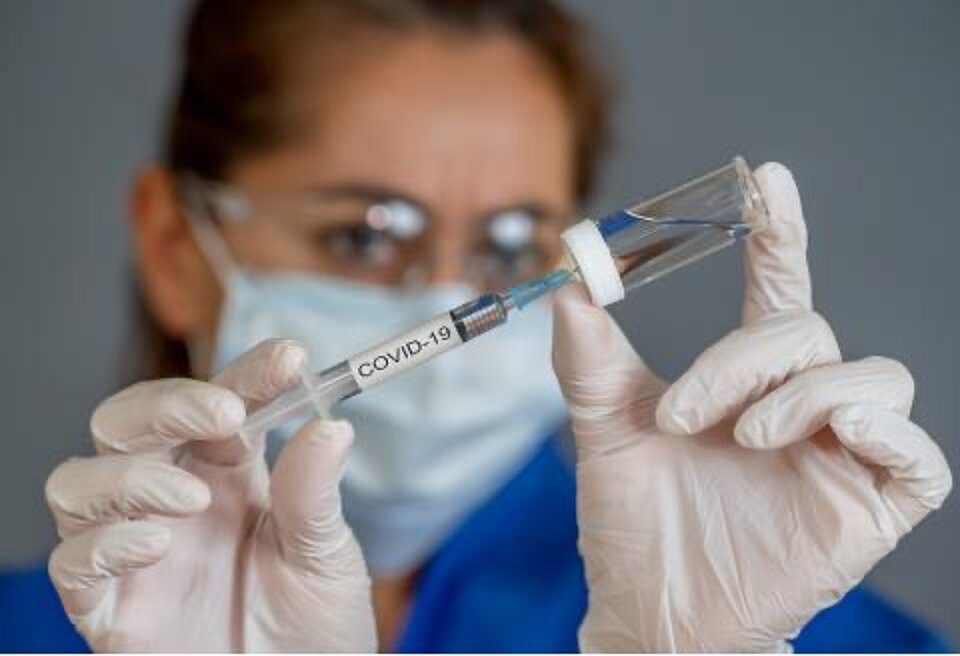Researchers have developed an app against needle fear
People in the Netherlands will soon have the opportunity to receive vaccination against COVID-19. However, an estimated 35% of all people suffer from needle fear. Elisabeth Huis in 't Veld of the Tilburg School of Humanities and Digital Sciences has developed a game app which, based on thermal images of the face, can predict whether somebody is about to faint. The idea is that people download the game and play it in the waiting room to reduce stress before any treatment involving needles.

Principal investigator Dr. Elisabeth Huis in ’t Veld received an NWO grant to develop an Artificial Intelligence (AI) algorithm that can measure and predict, based on thermal face images, whether somebody is on the point of fainting.
‘Needle fear is not only uncomfortable; it also makes you more sensitive to unpleasant physical panic reactions. This can induce a negative spiral of fear and fainting. The trouble is that patients, but also care staff, find it very hard to identify these negative reactions in a timely fashion. Our app can help this group of people,’ Huis in ’t Veld says.
Avoiding doctors and dentists
When Elisabeth saw a blood donor faint at Sanquin Blood Bank, she noted that the donor said she was feeling fine, just before she passed out. By the time a donor or patient has become anxious, nauseous, or dizzy, it is often too late to take any effective action. This is difficult for nursing staff: if a patient is already anxious, pale, or sweaty, he/she is often no longer receptive to reassurance. The problem is that the needle anxiety already kicks in way earlier, sometimes even days before the appointment, and certainly during the time spent in the waiting room.
Needle fear has serious consequences for many of the people affected. For instance, they avoid doctors, dentists, and vaccinations. And if people with needle fear do take the step, a simple blood test or injection takes an average of 20 minutes longer than necessary. Almost 20% of people with needle fear have indicated in previous research that they are afraid to get a vaccination, which can have a considerable impact when a corona vaccine becomes available.
The app explained:
Selfie camera measures face
Huis in 't Veld developed the hypothesis that unconscious processes in the brain and autonomic nervous system play a role here, and was awarded a NWO Veni grant for her FAINT (FAcial INfrared Thermal imaging in the prevention of needle induced fainting) research. She collaborates with Judita Rudokaité with whom the app was developed. Both are also affiliated with the Department of Donor Medicine Research at Sanquin, Amsterdam.
While playing, the algorithm monitors for signs of anxiety or fainting based on what it measures in your face via the selfie camera, such as turning pale. By playing this game before lancing, people are hopefully calmer at the lancing itself, and also more receptive to the donor assistant or healthcare worker. This is the basis of the start-up AINAR, supported by Sanquin and Iqonic.
The game is free to download at www.ainar.io and players can provide feedback to improve it. No needles appear in the game. All you have to do is solve puzzles by colouring them in with your finger, and pass on your feedback by chatting with the AINAR team.




© 2021 Tilburg University